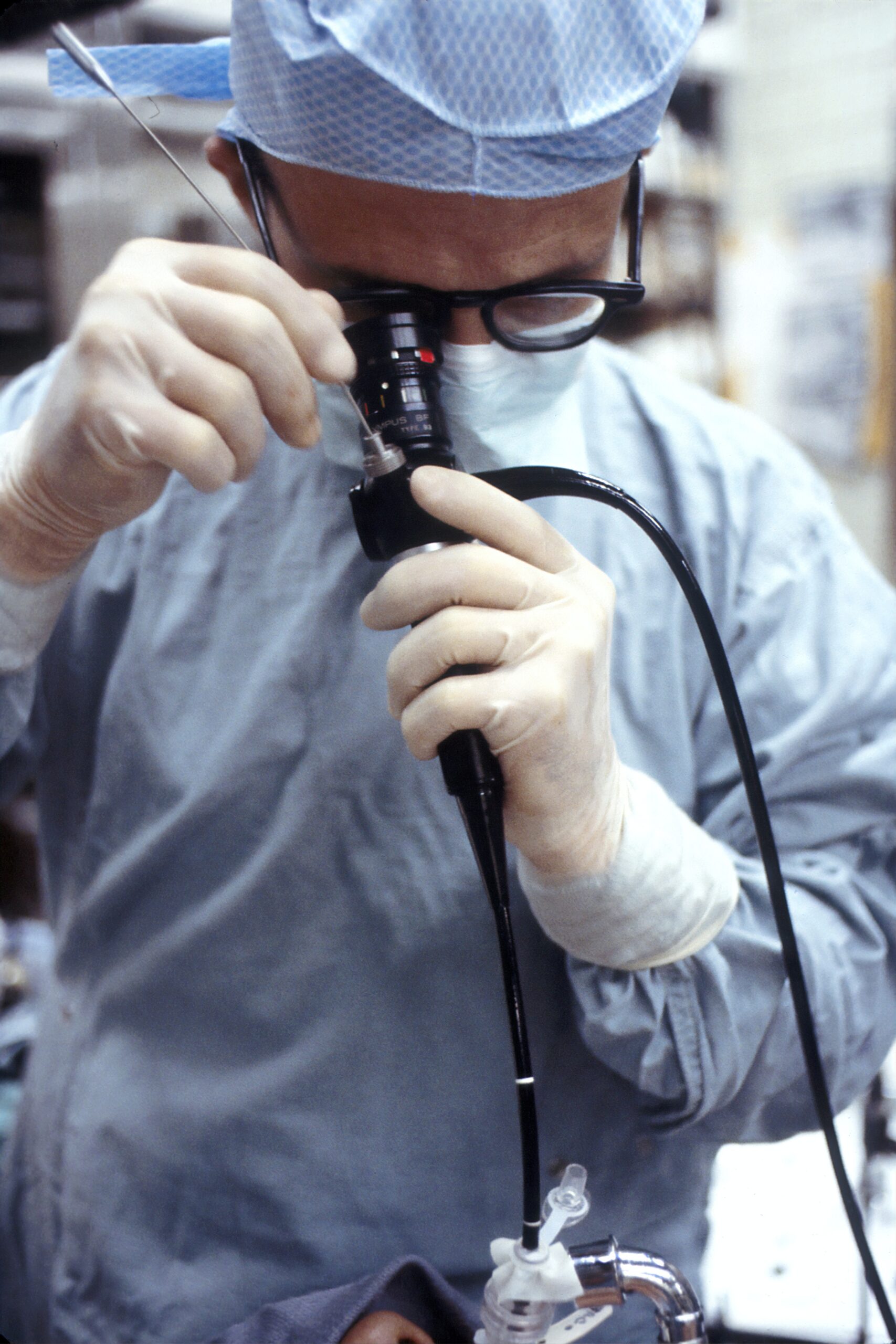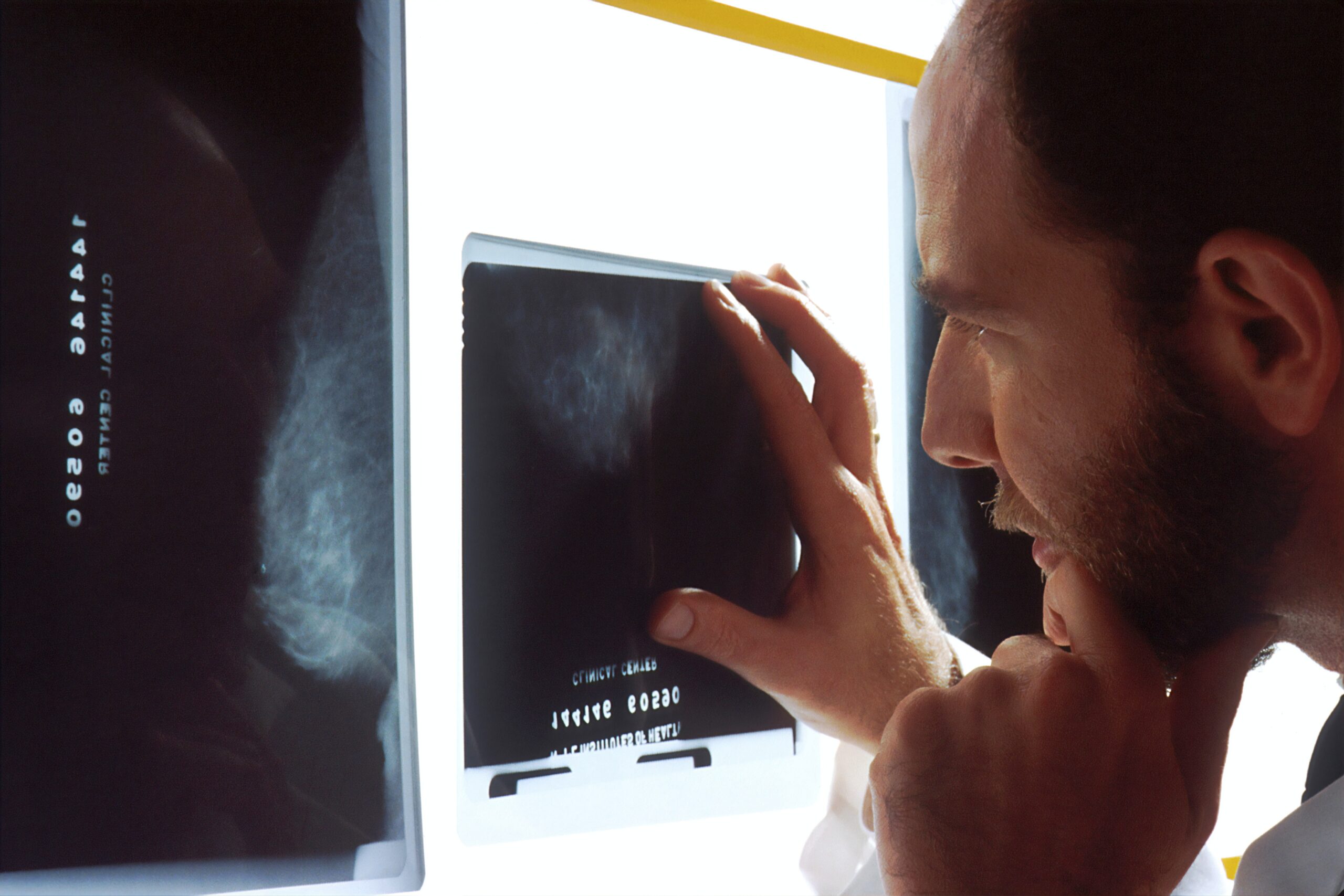In this article, we take a closer look at the connection between an enlarged prostate and the occurrence of erectile dysfunction. If you have ever wondered whether there is a link between these two common concerns that many men face, you're in the right place. We will explore the potential causes, symptoms, and treatment options available to help shed light on this topic and provide you with valuable information to better understand the connection between an enlarged prostate and erectile dysfunction. So, let's get started and uncover the facts!
Understanding the Prostate
Details on prostate structure and function
The prostate is a small gland located below the bladder and in front of the rectum. It is a part of the male reproductive system and plays a vital role in sexual health. The prostate gland is about the size of a walnut and surrounds the urethra, the tube that carries urine from the bladder out of the body.
The primary function of the prostate is to produce fluid that nourishes and protects the sperm. During ejaculation, the prostate contracts, pushing the seminal fluid into the urethra. This fluid then mixes with sperm from the testicles and is expelled through the penis. Understanding the structure and function of the prostate is crucial in comprehending how it relates to erectile dysfunction (ED).
The role of the prostate in sexual health
The prostate gland is intimately involved in sexual health. It contributes to the complex process of achieving and maintaining an erection. When a man becomes sexually aroused, signals from the brain cause the blood vessels in the penis to relax and expand. At the same time, the muscles in the prostate and the bladder neck also relax.
This relaxation of the prostate gland and bladder neck allows for the passage of semen and urine without obstruction. It is this coordination between the penis, prostate, and bladder neck that facilitates erection and ejaculation. Any disruption in this process can lead to erectile dysfunction and impact a man's sexual health and overall well-being.
Enlarged Prostate and its Symptoms
Causes of enlarged prostate
Benign prostatic hyperplasia (BPH), commonly known as an enlarged prostate, is a condition that affects many men as they age. While the exact cause of BPH is still unknown, hormonal changes and the aging process are believed to play a significant role. As men grow older, the balance between the hormones estrogen and testosterone shifts, leading to an overgrowth of prostate cells.
Recognizing the symptoms of an enlarged prostate
An enlarged prostate can cause various urinary symptoms that can significantly impact a man's quality of life. Some common symptoms include frequent urination, difficulty starting or stopping urination, weak urine flow, and the sensation of incomplete emptying of the bladder. Additionally, an enlarged prostate can also lead to sexual symptoms such as erectile dysfunction or painful ejaculation.
Recognizing these symptoms is crucial in seeking timely medical attention and starting appropriate treatment for an enlarged prostate. It is essential to remember that not all men with an enlarged prostate will experience erectile dysfunction, but there is a correlation between the two conditions.

What is Erectile Dysfunction?
The science behind an erection
Erectile dysfunction, often referred to as impotence, is the inability to achieve or maintain an erection firm enough for sexual activity. To understand erectile dysfunction, it is essential to grasp the scientific process behind achieving an erection.
When a man is sexually aroused, increased blood flow enters the spongy tissues of the penis, causing it to swell and stiffen. Simultaneously, the veins that usually drain blood from the penis constrict, trapping the blood inside and maintaining the erection. Any disruption in this process can lead to difficulties in achieving or sustaining an erection, resulting in erectile dysfunction.
Classification of erectile dysfunction
Erectile dysfunction can be classified into two categories: organic and psychological. Organic erectile dysfunction is caused by physical factors, such as blood flow problems, hormonal imbalances, or nerve damage. Psychological erectile dysfunction, on the other hand, is primarily caused by emotional or mental factors, including stress, anxiety, or relationship issues.
It is important to note that there can be overlap between organic and psychological factors, and a comprehensive evaluation by a healthcare professional is necessary to determine the underlying cause of erectile dysfunction.
Common causes of erectile dysfunction
Several factors can contribute to the development of erectile dysfunction. These include cardiovascular diseases, such as high blood pressure and atherosclerosis, diabetes, hormonal imbalances, certain medications, smoking, excessive alcohol consumption, obesity, and psychological factors such as stress, anxiety, and depression. It is essential to address these potential causes when diagnosing and treating erectile dysfunction.
Linking Enlarged Prostate to Erectile Dysfunction
Discussion on studies correlating enlarged prostate and ED
Numerous studies have explored the possible link between an enlarged prostate and erectile dysfunction. While a definitive causal relationship has not been established, there appears to be a correlation between the two conditions. The prevalence of erectile dysfunction is significantly higher among men with BPH compared to the general population.
Possible physiological explanation for the connection
The physiological explanation for the connection between an enlarged prostate and erectile dysfunction lies in the complex interaction between the prostate, the nerves, and the blood vessels involved in achieving an erection. An enlarged prostate can cause an obstruction or compression of the urethra, leading to difficulties in urination and potentially affecting sexual function.
The compression of the urethra can cause urinary symptoms that can indirectly impact sexual health. Additionally, the prostate gland is situated close to the nerves and blood vessels responsible for the erectile process. The presence of an enlarged prostate can potentially affect these structures, leading to erectile dysfunction.

Underlying Conditions causing both Enlarged Prostate and ED
Role of age in causing both conditions
Age is a significant factor in the development of both an enlarged prostate and erectile dysfunction. As men age, hormonal changes occur, leading to an overgrowth of prostate cells (BPH) and a decline in testosterone levels. These age-related changes can contribute to the development of erectile dysfunction, making age a common underlying factor for both conditions.
Influence of hormonal imbalances
Hormonal imbalances, specifically changes in testosterone and estrogen levels, can also contribute to the development of both an enlarged prostate and erectile dysfunction. Testosterone is essential for maintaining prostate health, while imbalances in estrogen levels can lead to prostate overgrowth. Fluctuations in these hormones can also impact sexual function and contribute to erectile dysfunction.
Impact of cardiovascular diseases and diabetes
Cardiovascular diseases and diabetes, both of which are associated with arterial damage and impaired blood flow, can contribute to the development of both an enlarged prostate and erectile dysfunction. The arteries responsible for supplying blood to the prostate and the penis can become narrow or blocked, preventing adequate blood flow. This compromised blood flow can affect the health of the prostate and impair the erectile process.
Effect of Enlarged Prostate Treatment on Erectile Function
Effects of surgery on erectile function
Surgical interventions for an enlarged prostate, such as transurethral resection of the prostate (TURP) or laser prostate surgery, can have varying effects on erectile function. While these procedures primarily aim to relieve urinary symptoms, they can, in some cases, lead to temporary or permanent erectile dysfunction. It is important to discuss the potential risks and benefits of such procedures with a healthcare professional before making a treatment decision.
How certain medications could impact erectile function
Certain medications used for the treatment of an enlarged prostate, such as alpha-blockers and 5-alpha reductase inhibitors, can have an impact on erectile function. Alpha-blockers work by relaxing the muscles in the prostate and bladder neck, improving urinary symptoms but potentially causing sexual side effects. 5-alpha reductase inhibitors, on the other hand, reduce the production of hormones that contribute to prostate growth, which can also affect sexual function.
It is crucial to consult with a healthcare professional about any potential side effects of medications used for the treatment of an enlarged prostate, as the impact on erectile function may vary between individuals.

Managing Erectile Dysfunction due to an Enlarged Prostate
Medical treatments
Various medical treatments are available to manage erectile dysfunction resulting from an enlarged prostate. These include phosphodiesterase type 5 (PDE5) inhibitors, such as sildenafil (Viagra), tadalafil (Cialis), and vardenafil (Levitra), which help improve blood flow to the penis, facilitating erections. Other interventions, such as vacuum erection devices and penile injections, may also be options to consider. It is important to consult with a healthcare professional to determine the most suitable treatment approach.
Natural remedies and lifestyle changes
Several natural remedies and lifestyle changes can help manage erectile dysfunction associated with an enlarged prostate. These may include regular physical exercise, maintaining a healthy weight, avoiding excessive alcohol consumption, quitting smoking, and managing stress levels. Additionally, certain dietary modifications and the use of herbal supplements may provide some benefit. It is essential to discuss these options with a healthcare professional to ensure safety and efficacy.
Psychological support
Erectile dysfunction can have a significant psychological impact on men and their partners. Seeking professional psychological support, such as counseling or therapy, can help address any emotional or mental factors contributing to erectile dysfunction. Additionally, couples therapy may be beneficial in improving communication and intimacy between partners. It is crucial to remember that emotional well-being plays a crucial role in sexual health.
Prevention Strategies
Healthy lifestyle routines
Adopting healthy lifestyle routines can help prevent or minimize the risk of both an enlarged prostate and erectile dysfunction. Regular physical activity, a balanced diet rich in fruits and vegetables, maintaining a healthy weight, and avoiding excessive alcohol consumption are all essential components of a healthy lifestyle. Incorporating stress management techniques and getting enough sleep can also contribute to overall well-being.
Regular medical check-ups
Regular medical check-ups are crucial in detecting and managing any potential underlying health issues, including an enlarged prostate and erectile dysfunction. Routine prostate exams and discussions with a healthcare professional about urinary and sexual health concerns can help catch any problems early and ensure appropriate treatment is provided.
Control of underlying health issues
Managing underlying health issues, such as cardiovascular diseases and diabetes, can help prevent or mitigate the development of both an enlarged prostate and erectile dysfunction. This may involve medication management, lifestyle modifications, and diligent monitoring of blood pressure, blood sugar levels, and cholesterol levels. Controlling these conditions can positively impact overall health and sexual function.
Advice for Men with Enlarged Prostate and Erectile Dysfunction
Communication with partners
Open and honest communication with partners is essential when dealing with both an enlarged prostate and erectile dysfunction. Sharing concerns, fears, and expectations can help alleviate any pressure or anxiety regarding sexual performance. Exploring alternative forms of intimacy and finding mutual satisfaction outside of penetrative sex can also strengthen the emotional bond between partners.
Maintaining a positive mental health
Men experiencing both an enlarged prostate and erectile dysfunction may encounter feelings of frustration, embarrassment, or self-doubt. Maintaining a positive mental health outlook is crucial in managing these emotions. Engaging in activities that bring joy and fulfillment, seeking support from loved ones, and practicing self-care can contribute to a more positive mindset and enhance overall well-being.
Seeking professional help
Seeking professional help is essential for men dealing with both an enlarged prostate and erectile dysfunction. Consulting with healthcare professionals, such as urologists, primary care physicians, or sexual health specialists, can provide valuable insights and guidance regarding diagnosis, treatment options, and emotional support. These professionals can tailor a management plan specifically to individual needs and help navigate the challenges associated with these conditions.
Emerging Research and Future Perspectives
Studies on newer treatment modalities
Ongoing research aims to explore newer treatment modalities for both an enlarged prostate and erectile dysfunction. Advancements in minimally invasive surgical techniques and the development of targeted medications may offer additional options for managing these conditions. It is important to stay informed about the latest research findings, as they may impact treatment approaches in the future.
Insights into preventive strategies
Continued research is also shedding light on potential preventive strategies for both an enlarged prostate and erectile dysfunction. Identifying lifestyle modifications, dietary interventions, and early detection methods may help mitigate the risk or delay the onset of these conditions. Incorporating preventive measures into routine healthcare practices can contribute to optimal prostate and sexual health.
Research on genetic predisposition to both conditions
Expanding knowledge on genetic factors associated with both an enlarged prostate and erectile dysfunction is an area of active investigation. Understanding genetic predispositions and the interplay between genes and environmental factors can provide valuable insights into the development and progression of these conditions. Further research in this area may lead to personalized approaches to prevention, diagnosis, and treatment.

